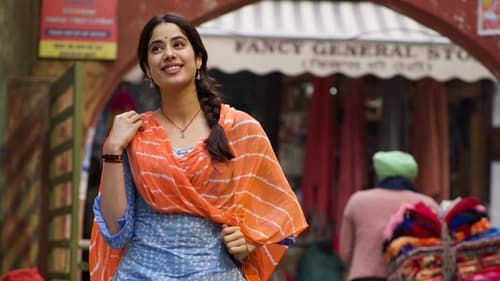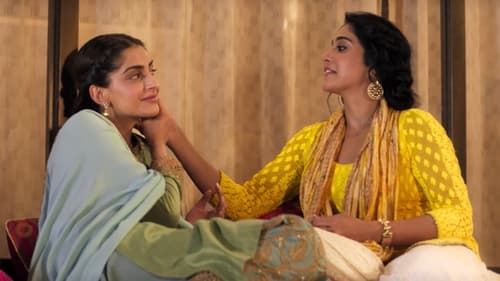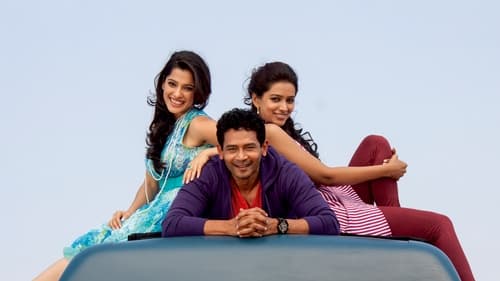
Director of Photography
In dire need of money, Jerry gets drawn into the dangerous world of drug trafficking. Things go awry when she decides to quit.

Director of Photography
How do the vicissitudes of contemporary notions of nationhood alter our relationship with cultural patrimony? It’s a question obliquely suggested by Amit Dutta’s latest film. As a camera explores the architecture of a museum, we hear a description of a painting we never see. Eventually, we leave the building behind and examine the remains of a temple, explored to weather and war. Sensual and rigourous, The Game of Shifting Mirrors reaffirms Dutta’s place as India’s most accomplished experimental filmmaker -- Michael Sicinski

Director of Photography
Shikara is the untold story of Kashmiri Pandits' forced exodus. It is the story of resilience in the face of insurmountable odds. It is also the story of a love that remains unextinguished through 30 years of exile. A timeless love story in the worst of times.

Director of Photography
Сюжет фильма закручивается вокруг девушки по имени Свити, родители которой уже подобрали ей жениха. Они решили не считаться с её планами и начали сватать её с одним известным писателем. Сама же Свити намеревается начать карьеру врача, и по этой причине она совсем не спешит с замужеством. Вскоре родственники выясняют, что на самом деле она просто в принципе не желает заводить отношения с мужчинами. Свити не понимает, как можно так фанатично придерживаться тех традиций и обычаев, которые ей так настойчиво навязывают родители. Главной героине придётся встать на защиту своей свободы. Ей предстоит столкнуться с непониманием и агрессивным неприятием её ценностей…

Cinematography
An act of violence resonates through the night, touching upon the lives of different characters, who otherwise would not necessarily exist in each other’s daily narrative. The story is seen through the self contained world of seven characters as they drift along the otherwise mundane night meandering around the graphical symmetry of a ‘modern’ city. The story is based on excerpts taken from a novel by Haruki Murakami by the same name

Cinematography
“A dream came to me from who knows where having slept as two I awake as one / the other wasn’t there”. Two young men on a blind date start their journey outside the city. Unknowingly they become a part of maze of a pilgrimage of sadhus. They look around, they observe, they smile, they doubt, they whisper. They are lost, they are found. Two young men stroll curiously around the Kumbh Mela, a huge religious festival involving millions of Hindus. They are wearing modern clothing, which makes them stand out among the pilgrims, most of whom are in traditional dress. Kumbh Mela, which takes place every three years at one of the four major Hindu sites (Haridwar, Allahabad, Ujjain and Nasik), is seen as the biggest pilgrimage in the world, bringing the many faces of Hinduism together. There are naked sadhus smeared in ash, rich gurus collecting donations, musicians and other performers, and simple pilgrims washing away their sins by ritual bathing in the river.

Director of Photography
This film explores various aspects of litterateur and painter Ram Kumar's personality by structuring the film around his stories and paintings, traveling between fragments of his past, present, fiction and imagery. It strives of etch out the synthesis of word and image in Ram Kumar's creations, presenting it as a portrait of the artist himself. The text used in the film is from various short stories by Ram Kumar.

Cinematography
Happy Journey is a 2014 Marathi drama film directed by Sachin Kundalkar and produced by Sanjay Chhabria under the banner of Everest Entertainment. It features actors Atul Kulkarni and Priya Bapat in the lead roles. The story revolves around the relationship of a brother and his sister's ghost.







